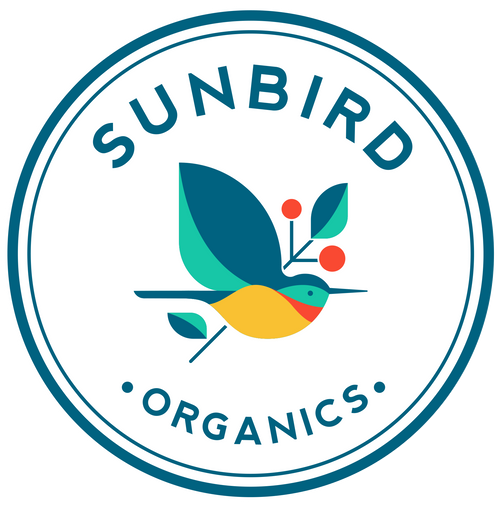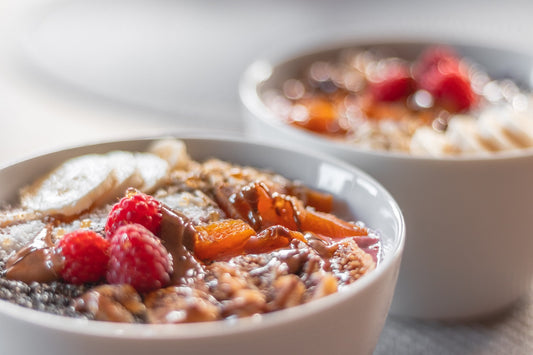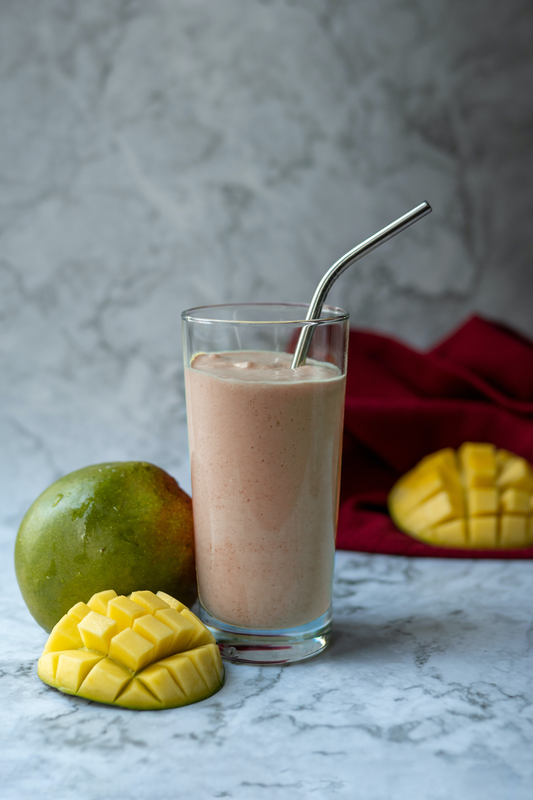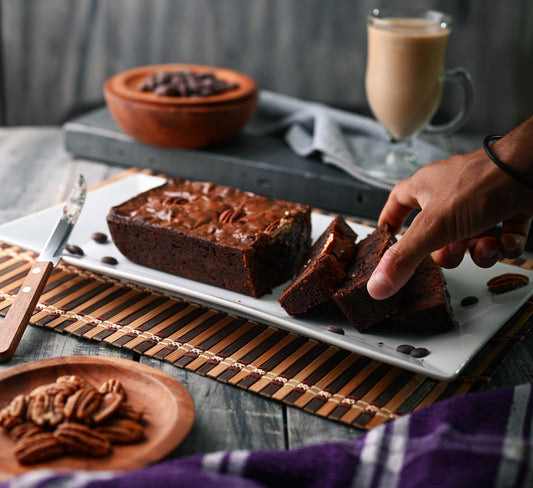Currently, around 6 million people are living with Alzheimer’s disease, the most common form of dementia. Every 64 seconds, someone is diagnosed with Alzheimer’s. The likelihood of a woman developing Alzheimer’s disease during her lifetime is 1 in 6, compared to men where the likelihood is 1 in 11.
Research has shown several lifestyle choices can help minimize or delay the onset of some types of dementia and Alzheimer’s disease. The following play a role in your brain’s good health.
- Physical activity, particularly cardiovascular
- Stress and depression management
- Proper sleep
- Mind-stimulating activities
- Nutrition and the foods we eat
In this article, we will discuss the role of nutrition in promoting cognitive health.

Multiple research studies show evidence that food is directly linked to brain processes, specifically memory and cognitive abilities.1 Your brain uses around 20 percent of the total body’s energy, as it is an energy intensive organ. It continuously needs a sufficient amount of energy to work optimally throughout the day. Consequently, your food choices have a serious impact on the proper functioning of your brain.
What should you eat to help keep your brain healthy?
Decades of research have shown diets that are plant based, specifically with unprocessed, whole-food plants have proven to be the very best way to maintain proper brain health. Go healthy and stay wise by focusing on incorporating the following eight plants and foods into your diet.
| 8 foods shown to maintain brain health: | |
| Green leafy vegetables | Seeds and nuts |
| Whole grains | Cruciferous vegetables |
| Beans | Herbs and Spices |
| Berries | Tea |
Leafy green vegetables: Research shows that leafy green vegetables like spinach, kale, mustard greens, swiss chard, and lettuce lower the risks of dementia and cognitive decline.2 These veggies are loaded with flavonoids, carotenoids, vitamin K, lutein, folate, beta-carotene, and vitamin E — nutrients that boost brain health.3
Whole grains: Brown rice, oatmeal, quinoa, whole-grain bread, and whole-grain pasta are great sources of vitamins B and E for your brain. Vitamin E acts as a primary line of defense from damage to cells by oxidative stress caused by free radicals.4
Seeds and nuts: Eating nuts and seeds can be good for the brain as these foods contain omega-3 fatty acids, antioxidants, and vitamin E. Eat these nuts and seeds for the best brain boosting nutrients: sunflower seeds, almonds, hazelnuts, black walnuts, sesame seeds and pumpkin seeds.
Beans and legumes: The starches in beans are converted to glucose by our bodies, the preferred fuel for our brains. Glucose levels help with brain functions such as thinking, memory and learning. In fact, if your glucose levels drop, a common symptom is confused thinking. Try these powerful beans for proper brain health; black eye peas, soybeans (tofu, edamame), kidney beans, and pinto beans.
Cruciferous vegetables: Vegetables like broccoli, Brussels sprouts, bok choy and cabbage are important for cognitive function. Research suggests that because these vegetables are rich in a sulfur containing compound called glucosinaolate that slows down the breakdown of acetylcholine, an important neurotransmitter. Acetylcholine plays an important part in memory and learning functions. Studies have shown people diagnosed with Alzheimer’s disease have lower levels of acetylcholine.

Berries: Like leafy green vegetables, berries are also loaded with flavonoids. Flavonoids benefit the brain by preventing memory loss and improving cognitive function. In addition, berries contain antioxidants; compounds that protect brain cells from harmful free radicals and prevent inflammation. Inflammation in the brain can contribute to neuronal damage, which interferes with brain cognition.
Herbs and spices: Several herbs and spices have been linked to good brain health, many sitting right on your kitchen shelf. A research review published in 2017 reports that sage contains compounds that are beneficial to neurological function. Turmeric, an Ayurvedic spice, contains a compound called curcumin. Curcumin has antioxidant and anti-inflammatory effects, which benefits overall body and brain health.5 Ashwagandha, another Ayurvedic herb, has been found to inhibit the formation of beta-amyloid plaques according to a study published in 2010. Beta-amyloids are proteins that are present in brains affected by Alzheimer’s disease. Ginseng is a popular herb because it contains ginsenosides, which is an anti-inflammatory chemical. In a preliminary lab study in 2018, ginsenoside was observed to possibly reduce brain levels of beta-amyloids.
Tea: A recent study led by researchers from the National University of Singapore (NUS) revealed that regular tea drinkers have better-organized brain regions — and this is associated with healthy cognitive function — compared to non-tea drinkers. Researchers found that tea seems to assist the brain to make better connections and structures, which improves cognitive skills. It is believed caffeine and L-theanine are the two chemicals responsible for the improved structure. The study suggested you could receive these benefits by drinking green tea, oolong tea, or black tea at least four times a week.
Putting these brain boosters to use
Including certain cognition-promoting foods in your diet is vital to help reduce your chances of developing Alzheimer’s disease as well as other forms of dementia. Don’t forget other activities are equally important: physical activity, stress reduction, good sleep and mind stimulation. With proper nutrition and these activities you are well on your way to a happier healthier brain and mental state.
Commit to preserving your brain health by following actionable steps today that help you apply the knowledge you learned in this blog.
- Add some of these brain boosting foods to your grocery list and identify 1-2 recipes you will try this week to incorporate them.
- Add tea to your daily routine or consider swapping out that second cup of coffee for tea.
- Bookmark this article to serve as a mini-guide to promote brain health and day-to-day cognition skills.
References
- Gómez-Pinilla, F. (2008). Brain foods: the effects of nutrients on brain function. Nature reviews neuroscience, 9(7), 568-578.
- Rathod, S. B. (2013). Dietary intake of carotenoids and cognitive decline in a biracial community population: The Chicago Health and Aging Project. Rush University.
- Eggersdorfer, M., & Wyss, A. (2018). Carotenoids in human nutrition and health. Archives of biochemistry and biophysics, 652, 18-26.
- Fata, G. L., Weber, P., & Mohajeri, M. H. (2014). Effects of vitamin E on cognitive performance during ageing and in Alzheimer’s disease. Nutrients, 6(12), 5453-5472.
- Bartochowski, Z., Conway, J., Wallach, Y., Chakkamparambil, B., Alakkassery, S., & Grossberg, G. T. (2020). Dietary interventions to prevent or delay Alzheimer’s disease: what the evidence shows. Current Nutrition Reports, 1-16.







